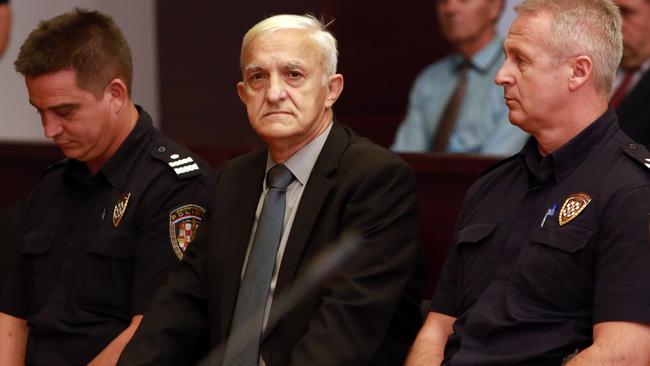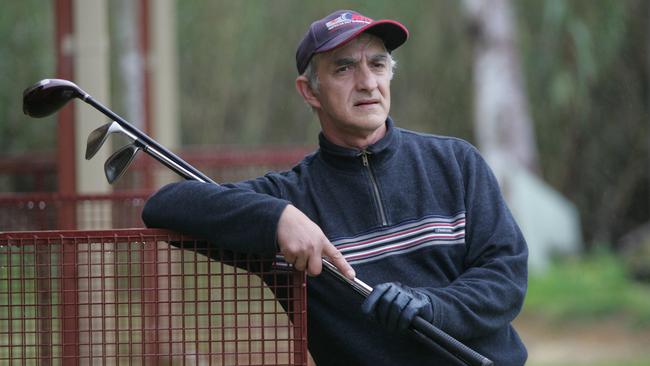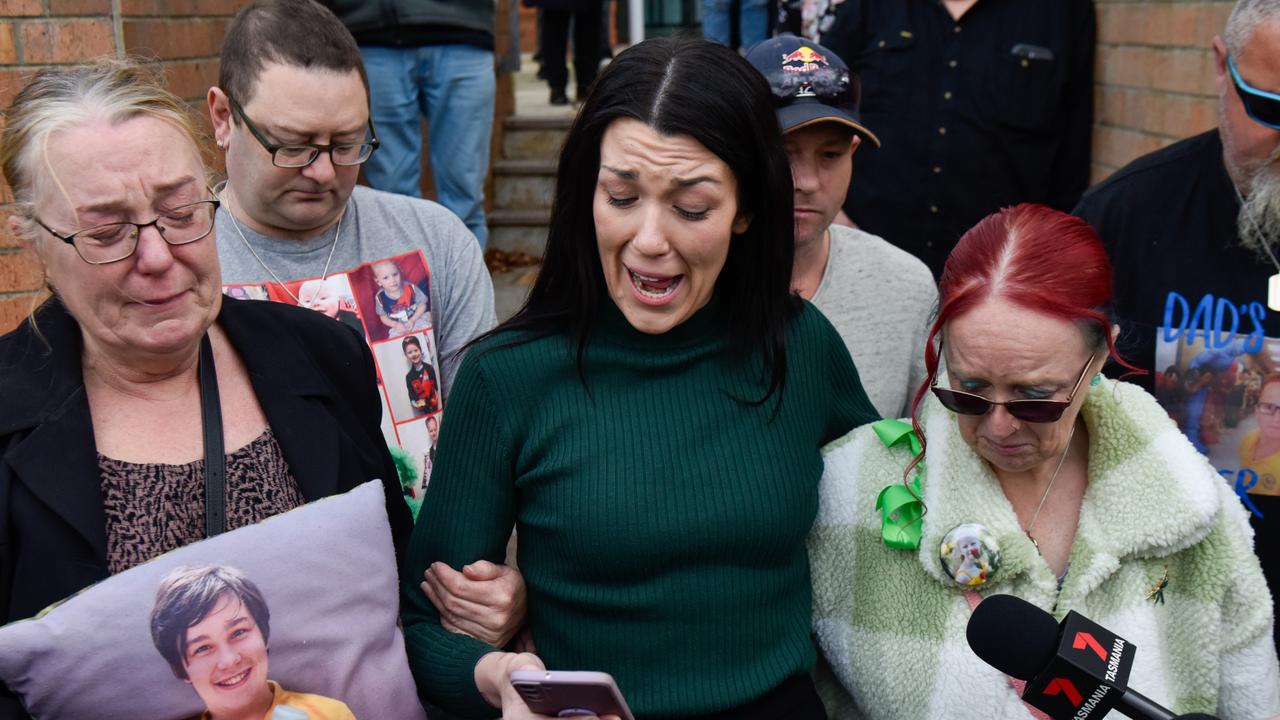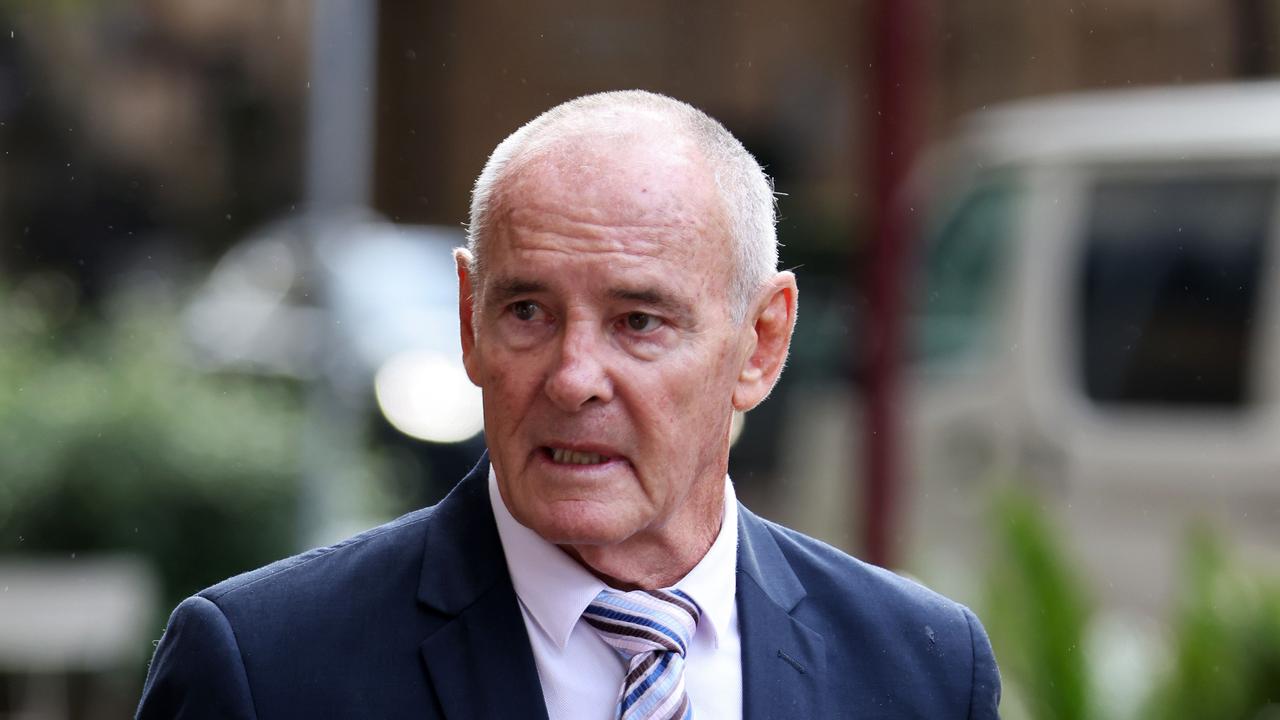
There was something odd about the man who picked up the phone at the suburban community centre on September 7, 2005.

He said he knew Captain Dragan but the former military commander was very private. He played golf with him, he said. He was a really nice guy, he said. I suspected I was speaking to the fearsome Balkans war figure my colleague Natasha Robinson had asked me to help her find. I decided to simply ask: “You are Captain Dragan aren’t you?”. He replied that, yes, he was.
I understood the search for Dragan was potentially hugely significant. Robinson had learned the former Australian army reservist who inserted himself in the Balkans conflict in the 1990s had left his home city of Belgrade and was back in Australia.
Why was this important? Captain Dragan, full name Dragan Vasiljkovic, was dogged by claims he killed civilians and committed other war crimes when he militarised civilians.
Vasiljkovic was no small fry. Mark Aarons devoted a chapter to him in his 2001 book War Criminals Welcome, about Australia’s shameful record as a sanctuary for fugitive war criminals since 1945. The one-time leader of irregular Serb troops known as the Kninjas was touring around the country, being received by the Serbian diaspora as a war hero and raising money for his war victims’ charity.
After our call ended, photographer Andy Tyndall and I went to the community centre in the Perth suburb of Maddington.

Vasiljkovic, who was then using the name Daniel Snedden, was alone that afternoon at the centre where Serbian community members hold fundraisers, birthday parties and sometimes weddings. He had been teaching golf at the driving range on the grounds of the community centre. He had a lot to say — some of it vitriol for Croatians and Muslims — but initially he did not want to say it on the record.
Soon Vasiljkovic agreed to a taped interview. He boasted that if he were a war criminal, he would have been tried at the International Criminal Tribunal for the Former Yugoslavia in The Hague. “I never killed anybody that didn’t have to be killed,” he told me. Vasiljkovic sued The Australian for the story that followed, and lost.
Image below: When The Australian first found Dragan Vasiljkovic
Soon after The Australian revealed Vasiljkovic’s whereabouts, Croatia issued a warrant for his arrest. The extradition process had begun when a former legal council from The Hague, Edgar Chen, helped me understand why Vasiljkovic had never been tried. It was, in his view, “a matter of practicality”. He was instead to be a witness in the 2003 trial of Slobodan Milosevic. But Vasiljkovic turned hostile witness and walked free from The Hague, until justice caught up with him in Australia.








To join the conversation, please log in. Don't have an account? Register
Join the conversation, you are commenting as Logout